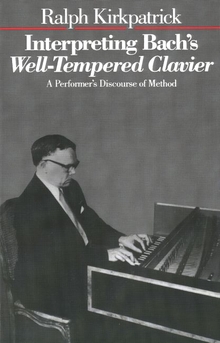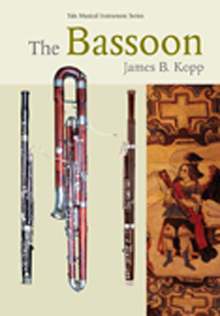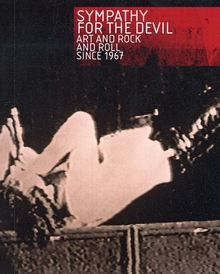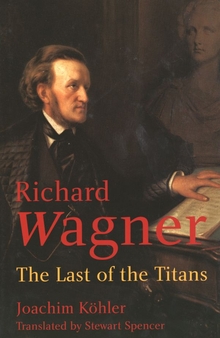The War on Music
WARNING
You are viewing an older version of the Yalebooks website. Please visit out new website with more updated information and a better user experience: https://www.yalebooks.com
Reclaiming the Twentieth Century
John Mauceri
A prominent conductor explores how aesthetic criteria masked the political goals of countries during the three great wars of the past century
“[Mauceri’s] writing is more exhilarating than any helicopter ride we have been on.”—Air Mail
“Fluently written and often cogent.”—Barton Swaim, Wall Street Journal
This book offers a major reassessment of classical music in the twentieth century. John Mauceri argues that the history of music during this span was shaped by three major wars of that century: World War I, World War II, and the Cold War.
Probing why so few works have been added to the canon since 1930, Mauceri examines the trajectories of great composers who, following World War I, created voices that were unique and versatile, but superficially simpler. He contends that the fate of composers during World War II is inextricably linked to the political goals of their respective governments, resulting in the silencing of experimental music in Germany, Italy, and Russia; the exodus of composers to America; and the sudden return of experimental music—what he calls “the institutional avant-garde”—as the lingua franca of classical music in the West during the Cold War.
John Mauceri is a world-renowned conductor and musical scholar. He has conducted most of the world’s greatest orchestras and opera companies and served on the Yale University faculty for fifteen years, and is the former chancellor of the UNC School of the Arts.
“En garde! In his provocative new book The War on Music: Reclaiming the Twentieth Century—one that is certain to initiate heated and impassioned discussion—the prodigiously talented and multifaceted conductor and writer John Mauceri throws down a musical gauntlet as he endeavors to upend and re-examine some of the reigning assumptions of the history of post-war twentieth-century classical music. No matter how one responds to the thrust of John Mauceri's sweeping musical worldview, one must salute him for his fervent, dauntless, and audacious engagement.”—Jonathan Cott, author of Dinner With Lenny: The Last Long Interview With Leonard Bernstein
Publication Date: April 26, 2022
8 color illus.








